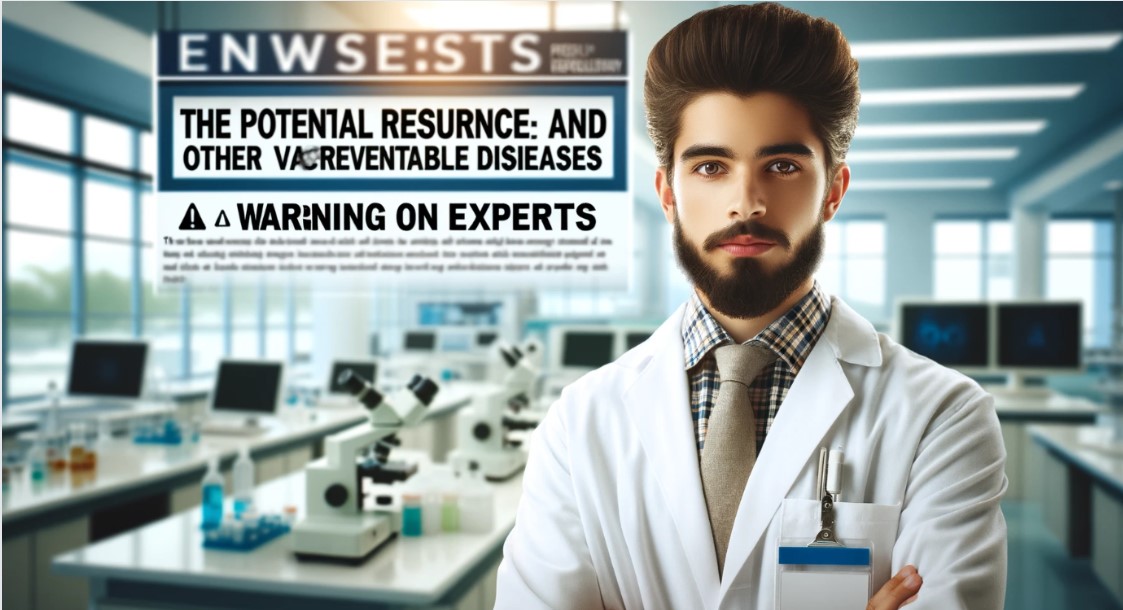Measles Cases on the Rise: A Wake-Up Call
In light of the increasing number of measles cases nationwide, experts at Brock University are sounding the alarm about the potential resurgence of vaccine-preventable illnesses. Adam MacNeil, associate professor of immunology and Director of the Inflammation and Immunity Lab at Brock, warns that measles may just be the beginning of a troubling trend.
Measles: A Highly Contagious Threat
Measles, known for its high contagiousness, is easily preventable with two doses of the measles, mumps, and rubella (MMR) vaccine, typically administered during childhood. Unlike the evolving nature of the SARS-CoV-2 virus, which necessitated updated vaccines during the pandemic, measles and its vaccine remain unchanged.
The Impact of Social Context
MacNeil emphasizes that while the science behind measles prevention is well-established, societal factors have played a role in the recent rise of cases. The combination of missed medical appointments, misinformation, and vaccine hesitancy has led to a decline in vaccination rates among children.
Understanding Vaccine Hesitancy
Despite the vaccine’s high efficacy rate of 98%, vaccine hesitancy has increased. MacNeil attributes this to concerns over rare adverse effects and ideological beliefs influencing decision-making. He stresses the safety and effectiveness of the measles vaccine, highlighting the rarity of adverse outcomes compared to the risk of exposure to the virus.
The Consequences of Measles
Contrary to some misconceptions, measles can have serious consequences, including immune amnesia that weakens the body’s response to other pathogens. MacNeil cautions against underestimating the impact of contracting measles, especially in terms of long-term health implications.
The Importance of Vaccination
MacNeil emphasizes the altruistic aspect of vaccination, urging individuals to consider not only their own health but also the well-being of vulnerable populations. Vaccination not only protects individuals but also contributes to community health by preventing the spread of disease.
Conclusion
As measles cases continue to rise, it’s crucial to prioritize vaccination and combat vaccine hesitancy. MacNeil’s insights serve as a reminder of the importance of maintaining high vaccination rates to safeguard public health and prevent the resurgence of vaccine-preventable diseases.



